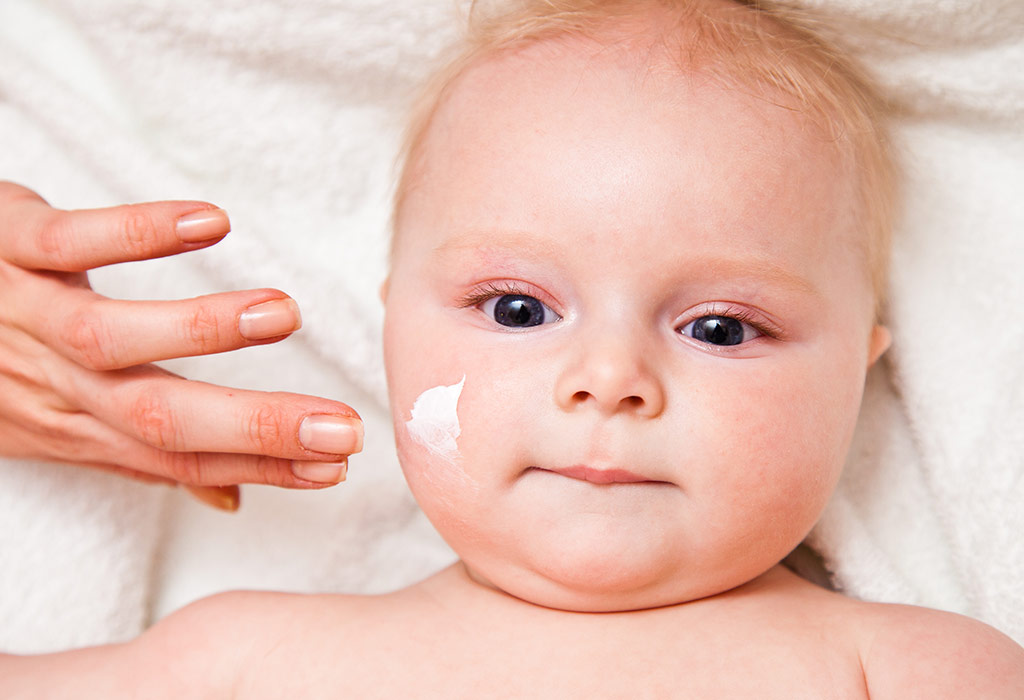First-time parents are often surprised by how delicate a baby’s skin is. It’s thinner than an adult’s skin and can be easily irritated. This can be a problem because babies tend to have a lot of skin contact with the world around them.
Here are 9 tips to help you keep your baby’s skin healthy and happy:
- Bath time should be short and sweet. Too much time in the water can dry out a baby’s skin. Use a mild, fragrance-free cleanser, and avoid scrubbing. When you’re done, gently pat your baby’s skin dry. This will help to preserve the natural oils in their skin.
- Apply a moisturizer within three minutes of bath time. This will help trap moisture in the skin and prevent dryness. Choose an eczema-friendly moisturizer if your baby is prone to this condition. You can also ask your pediatrician about using a prescription-strength moisturizer.
- Be careful with what you put on your baby’s skin. Some fabrics, like wool, can irritate the skin. If you’re using a blanket or other type of swaddling, make sure it’s made from a soft material. Also, keep an eye out for things that might trigger eczema flare-ups, such as scented laundry detergent or certain fabrics.
- Avoid extreme temperatures. Both cold and hot weather can be hard on a baby’s skin. When you’re going outside, dress your baby in layers so you can easily adjust to the temperature. And make sure the room they’re sleeping in isn’t too hot or too cold.
- Keep your baby’s nails trimmed. Scratching can irritate the skin and lead to infection. If you can’t trim your baby’s nails yourself, ask your pediatrician or another healthcare provider to do it for you. You can also cover their nails with socks or mittens.
- Avoid harsh soaps and cleansers. These can strip the natural oils from your baby’s skin, leading to dryness and irritation. When you’re washing your baby, use a mild, fragrance-free cleanser. You can also ask your pediatrician about using a gentle soap that’s designed for babies with eczema.
- Don’t use topical treatments without talking to your pediatrician first. This includes lotions, creams, and ointments. Some of these products can actually make eczema worse. So it’s important to get the okay from your baby’s doctor before using anything.
- Be gentle when you’re drying your baby off. Vigorous rubbing can irritate the skin. Instead, pat your baby’s skin dry gently with a soft towel. If you’re using a hair dryer, make sure it’s on the lowest setting.
- Protect your baby’s skin from the sun. Their skin is very sensitive and can be easily damaged by the sun’s ultraviolet (UV) rays. When you’re going outside, dress your baby in loose-fitting clothing that covers their arms and legs. Put a hat on them to shade their face. You can also ask your pediatrician about using sunscreen that’s designed for babies.
Following these tips will help you keep your baby’s skin healthy and happy. If you have any concerns, be sure to talk to your pediatrician.
What are the common baby skin problems?
Eczema also called atopic dermatitis, is a common skin problem that affects babies. It’s characterized by dry, itchy skin that can become red and inflamed. eczema is often genetic, so if you or your partner has it, there’s a good chance your baby will too. There’s no cure for eczema, but there are ways to manage it.
Another common skin problem is diaper rash. This happens when the skin is irritated by wet or soiled diapers. It’s usually a red, raised rash that can be painful for your baby. Diaper rash is usually easy to treat with over-the-counter creams and ointments.
Finally, cradle cap is a common condition that affects newborns. It’s characterized by dry, scaly patches on the scalp. The cradle cap usually goes away on its own within a few weeks or months. In the meantime, you can use a soft brush to gently remove the scales from your baby’s scalp. You can also ask your pediatrician about using a mild shampoo.
Do you have any tips or comments for parents about keeping their baby’s skin healthy? Share them in the comments below!

